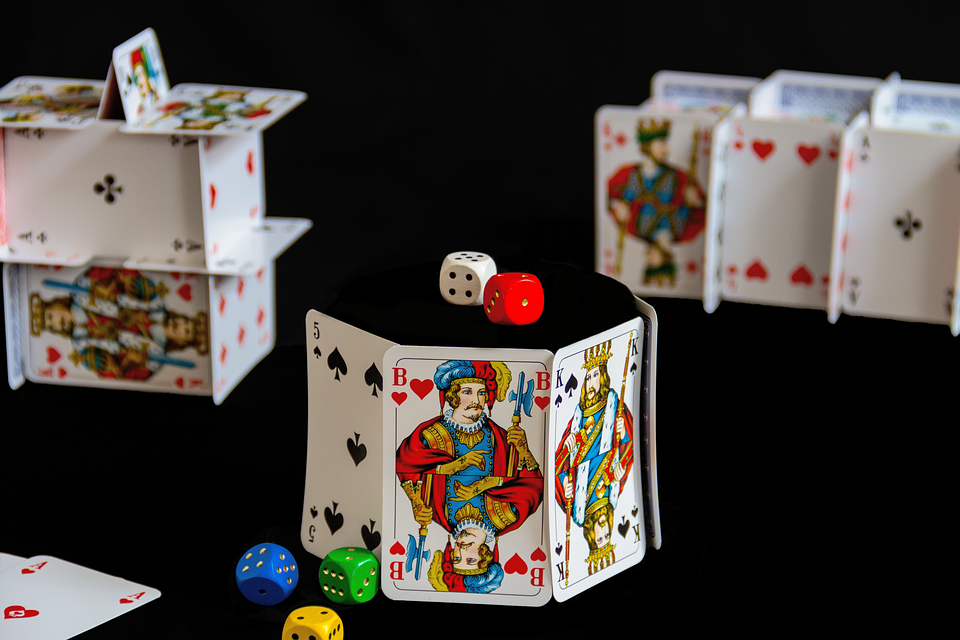The story of the scratchcards the story of scratch cards originates in the United States where in the 1960s they were invented by a computer scientist called John Koza. Together with marketing expert Daniel Bower, he created one of the most popular games ever, following the path we’ll take in this article.
Koza graduated from the University of Michigan in 1964 but was obsessed with creating a revolutionary game that perfectly followed people’s desires and habits. In fact, the fulminating idea that came to his mind was to combine the wealth of the lottery with the intoxication of winning at the time (such as in casinos). To fulfill this idea, Koza created the first scratchcard in history and introduced it to a marketing expert, Daniel Bower. He financed the idea and released it on the market in 1974: the brilliant couple had a tremendous success.
The first version of the game in scratchcard history included a scratching area and combinations to make. The prize amount was written on each card, hidden by a dust to scratch away.
Scratchcard success
The real success of scratch cards came in the 1990s when they were exported all over the world and were printed following all kinds of themes or fantasy. Since its initial release, the game has undergone several transformations, with grafts mainly affecting the rules of the game. There was no simple sum hidden behind a layer of gray powder, but there were small finds to increase the suspense and therefore the fun for the player (e.g. the combination of prizes and the presence of three identical symbols on the dial).
The final evolution
The last big step in the history of scratch cards is given by the arrival on the web. Thanks to online casinos and authorized gaming portals, you can buy scratch cards online quite similar to those on sale at the shops or some totally original ones. To buy scratch cards online, simply register in an AAMS-licensed gaming portal and purchase the virtual tickets you prefer. The cost of each ticket is deducted from your game account after each purchase.


Well, as they say, Dont put all your eggs in one basket. Thank you.
Very efficiently written article. It will be beneficial to everyone who utilizes it, including yours truly . Keep up the good work i will definitely read more posts.